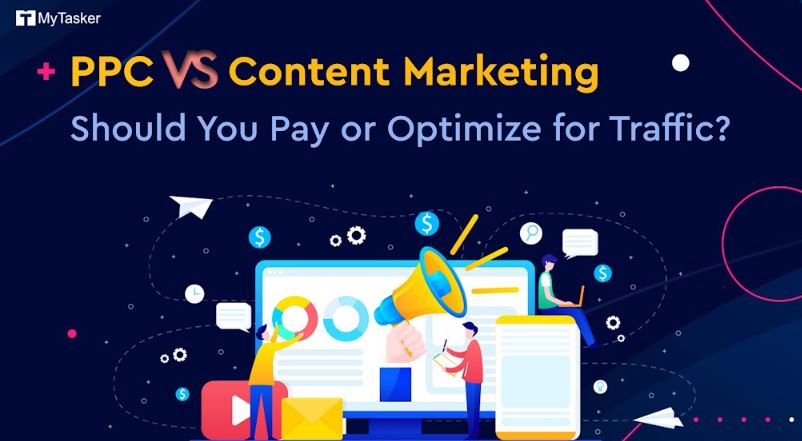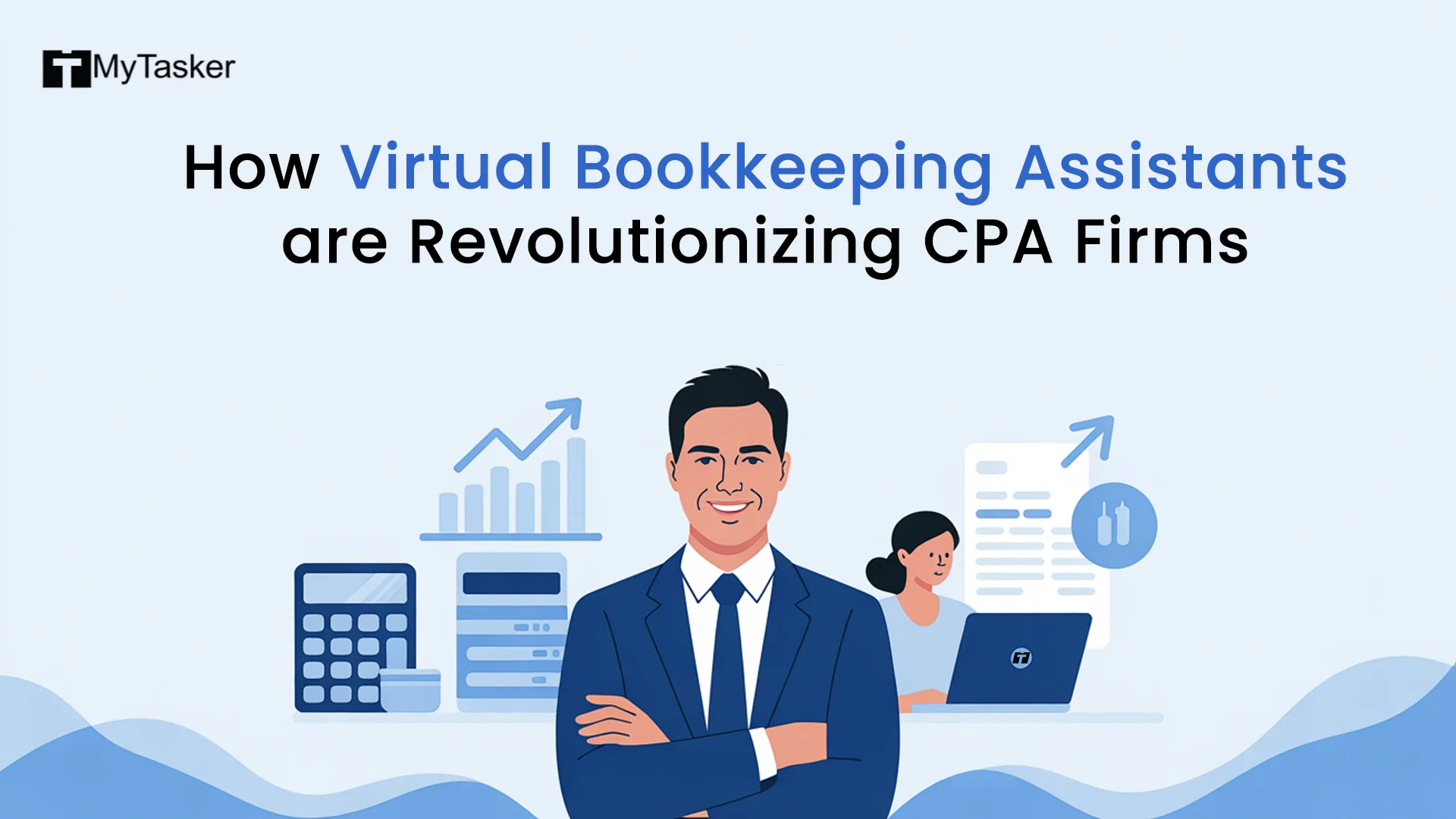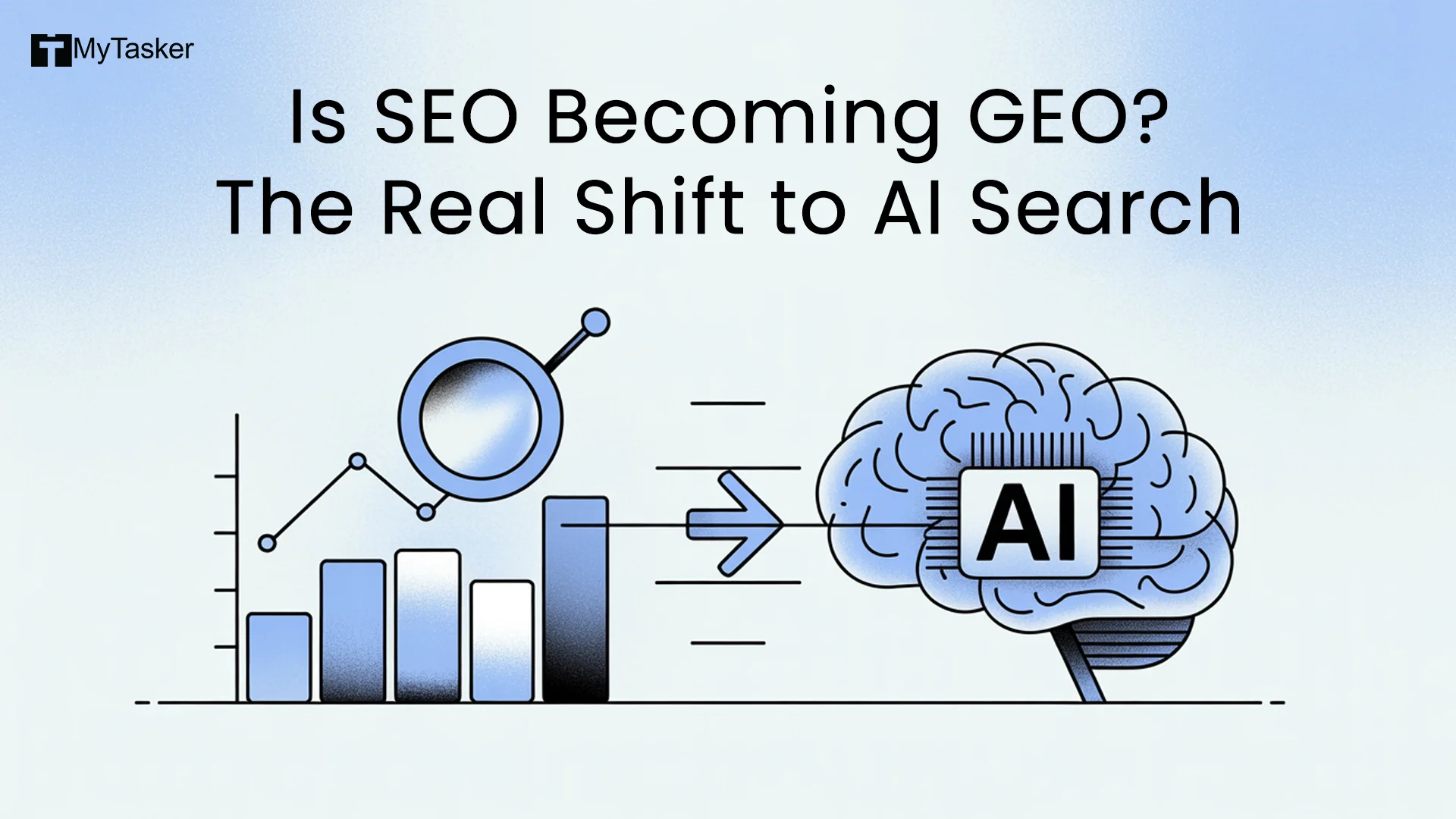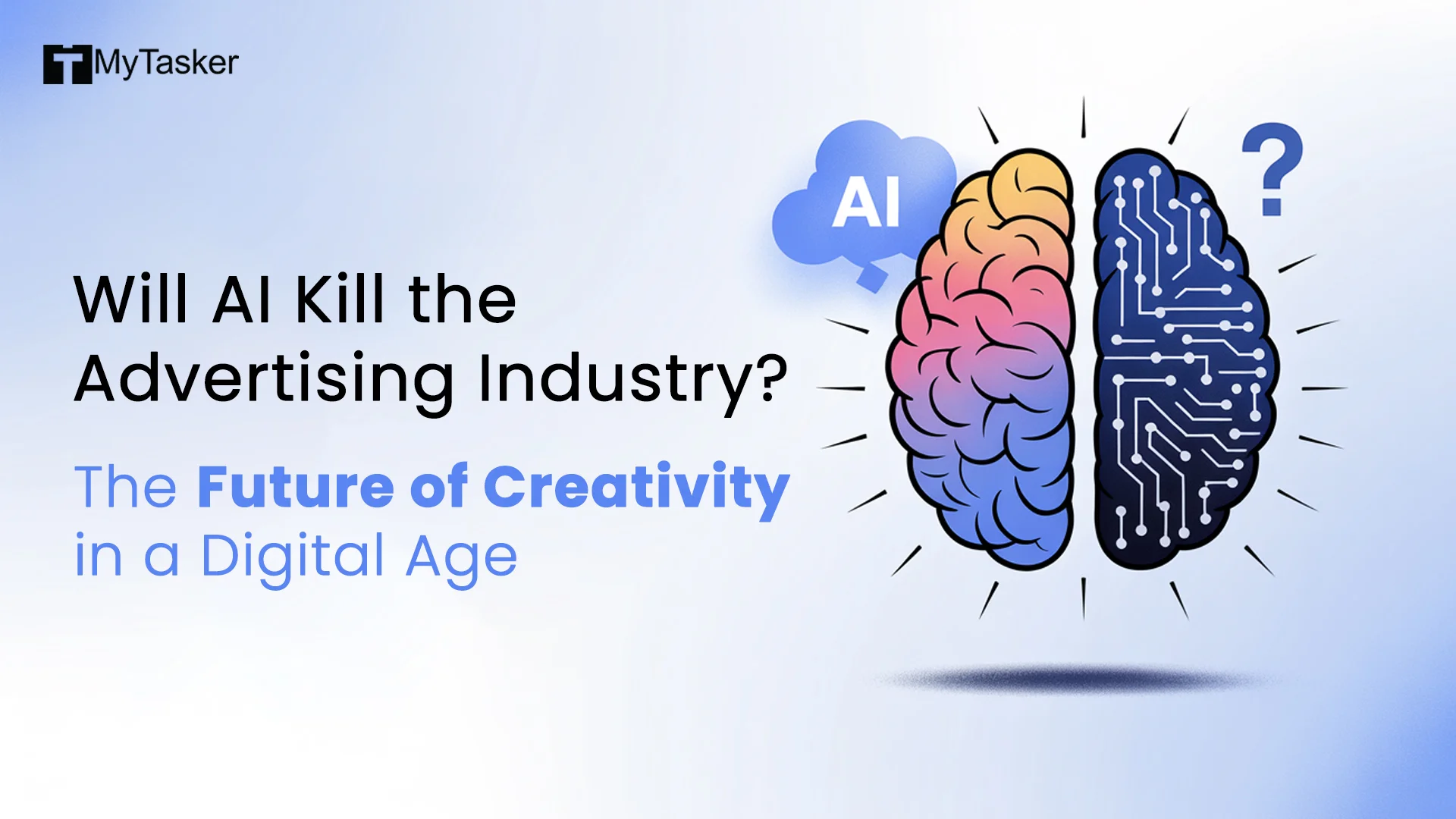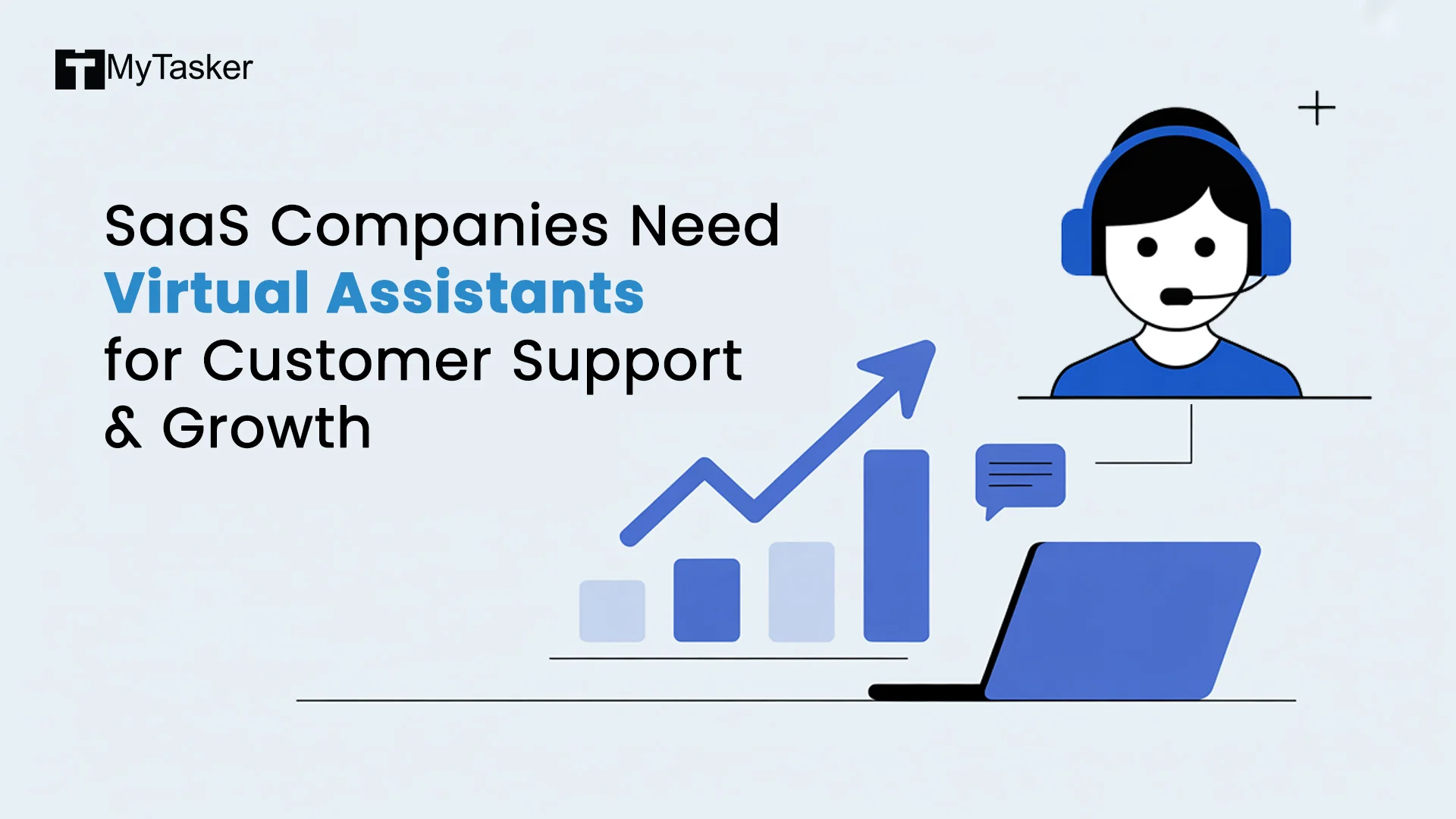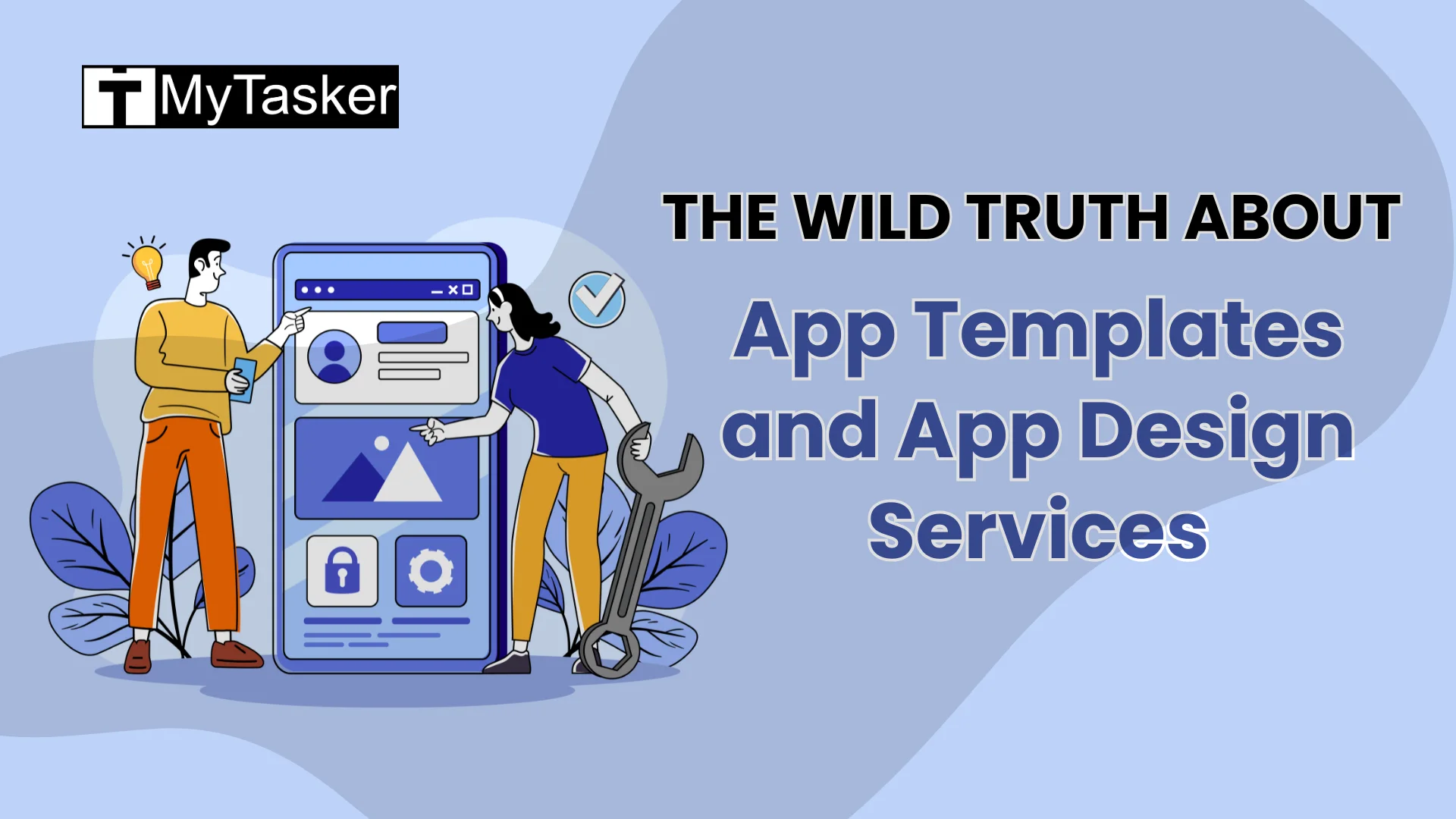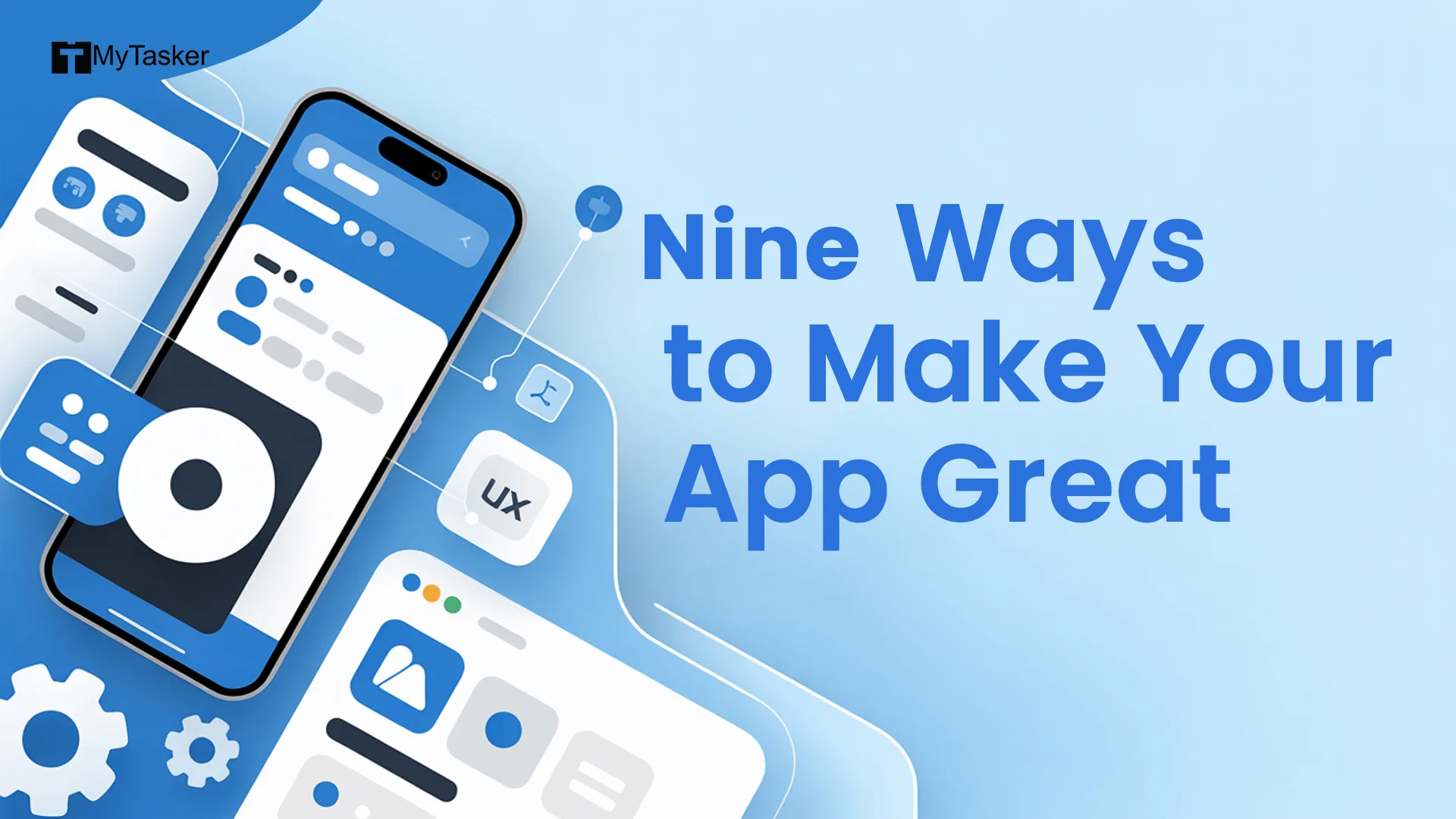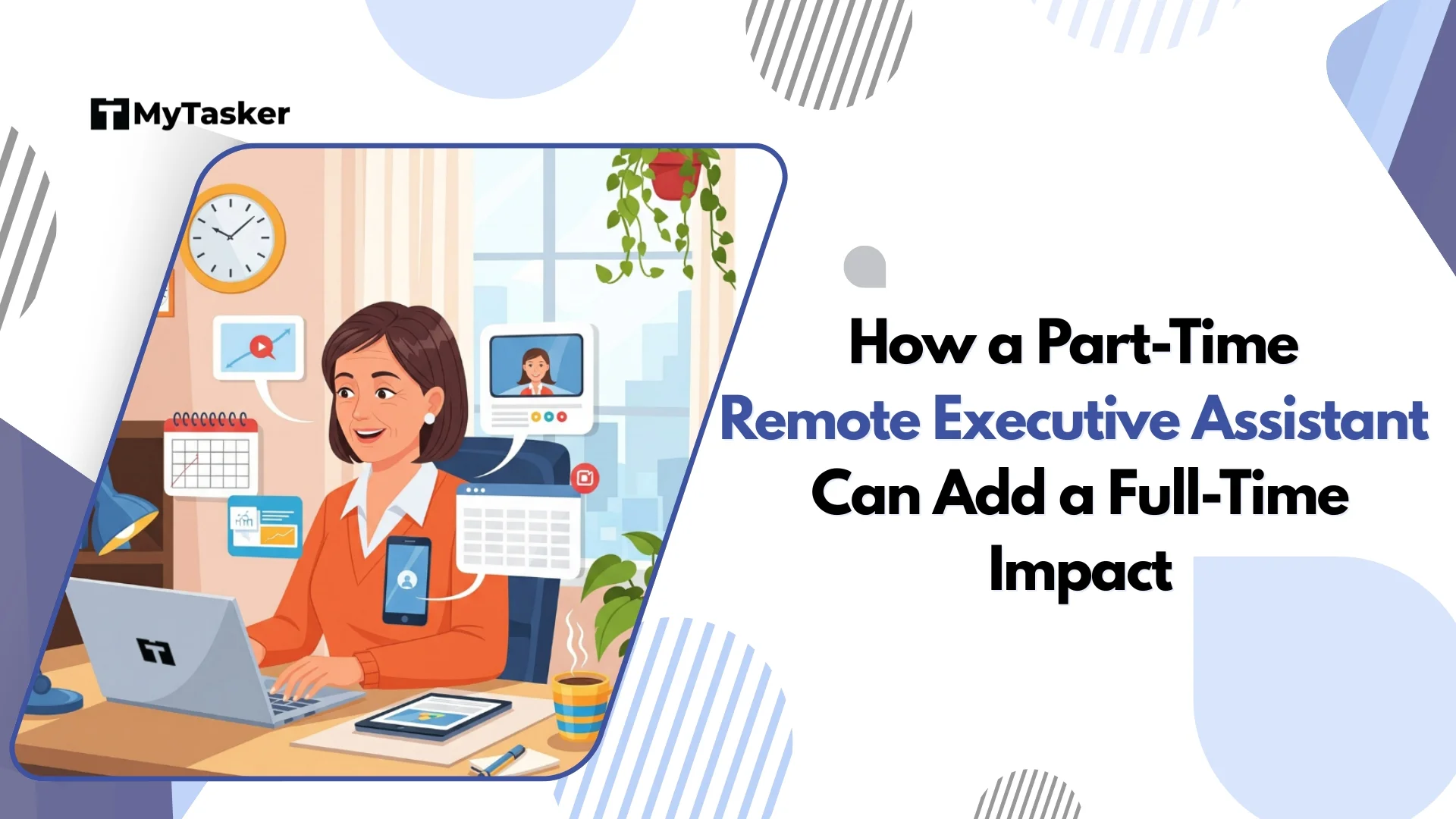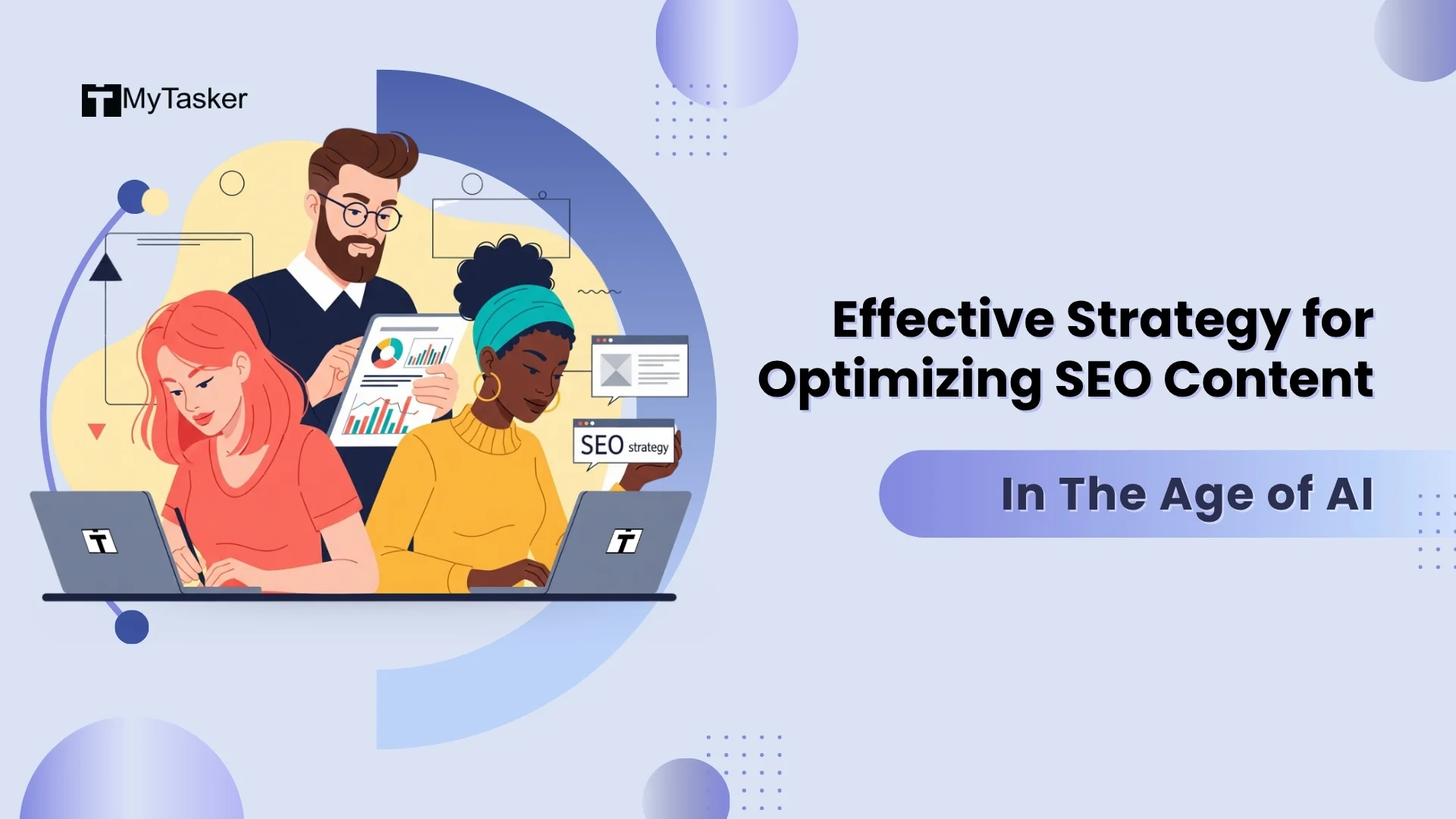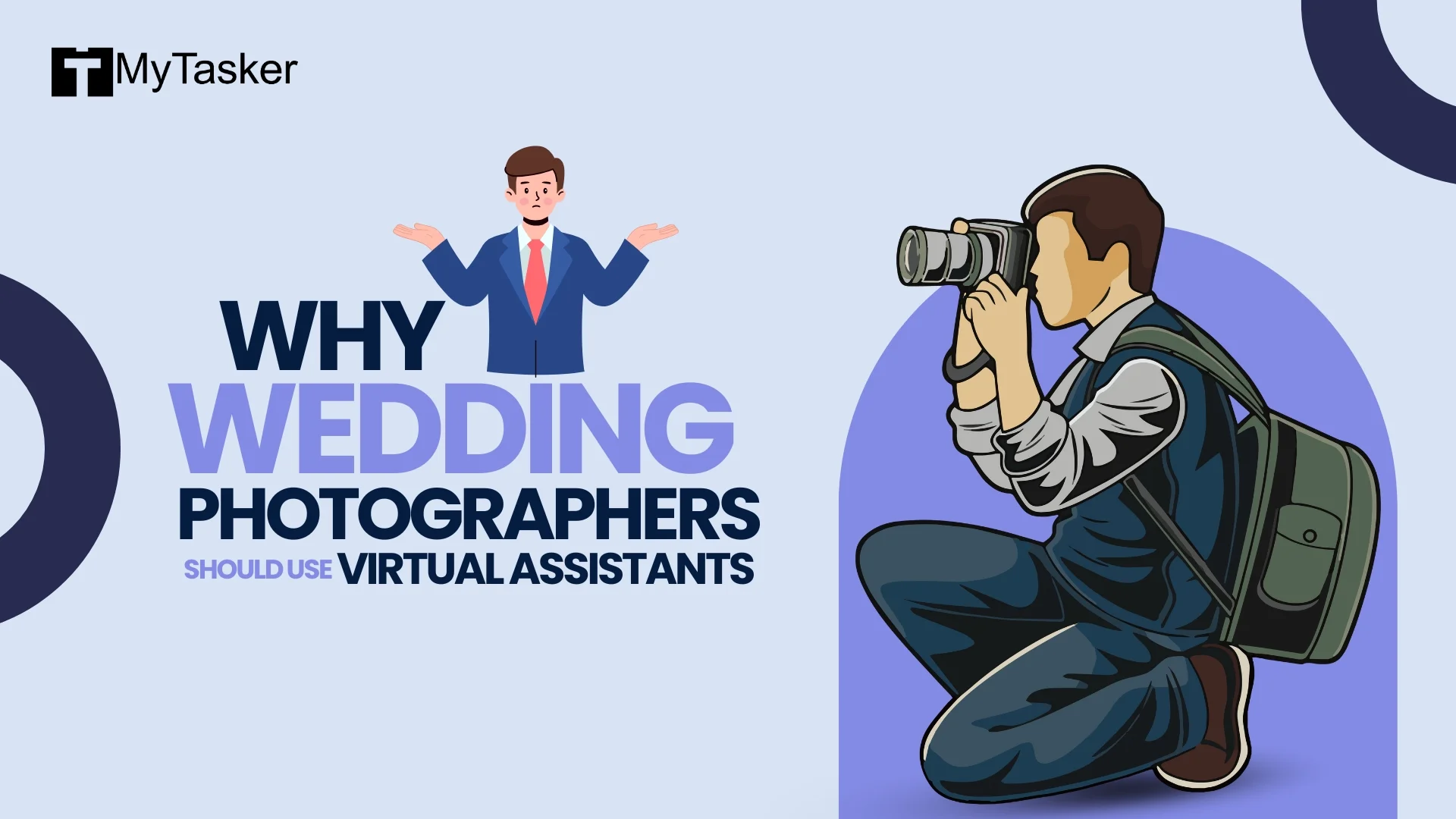For small and new businesses, getting customers is the biggest challenge. Finding the right balance between marketing costs, results and long term sustainability is key. At the heart of this challenge is the question: Should you pay for PPC or optimize for traffic?
Each has its pros and cons. In this post we will dive into both marketing strategies so you can make an informed decision that aligns with your business goals.
Understanding the Two Strategies
What is Content Marketing?
Content marketing is creating, publishing, promoting and distributing valuable content across multiple platforms to attract and engage potential customers. The goal is to generate awareness, establish authority and drive conversions over time. This approach focuses on providing useful information that builds trust and loyalty with your audience.
Results from content marketing:
-
Increased brand awareness
-
Organic traffic
-
Higher engagement and conversions
-
Long term lead generation
What is Pay-Per-Click Advertising?
Pay-Per-Click (PPC) is a form of paid advertising where businesses pay for each click on their ads. These ads appear on search engines (like Google Ads) or social media platforms (like Facebook Ads). PPC campaigns target specific audiences based on keywords, interests or demographics.
Benefits of PPC:
-
Instant website traffic
-
Higher conversion potential
-
Highly targeted audience reach
Digital Marketing Agencies
Do Digital Marketing Agencies Create Content?
Yes, many digital marketing agencies offer content creation services as part of their overall marketing strategy. They create blog posts, infographics, social media content and video content to help businesses get online.
Content Marketing Services Offered by Agencies
A content marketing agency may offer:
-
Content strategy development
-
SEO driven content creation
-
Social media content planning
-
Video marketing
-
Email marketing campaigns
Choosing the Right Content Marketing Agency
When choosing a content marketing agency consider:
-
Their experience in your industry
-
Case studies and client testimonials
-
Range of services they offer
-
Pricing and contract flexibility
Content Marketing Strategies
B2B Content Marketing: Driving Business Growth
B2B content marketing involves creating valuable resources like whitepapers, case studies and industry reports to attract businesses as customers. The focus is on educating prospects and establishing credibility.
How to Align Video Content with Marketing Goals
Video content should match business goals, such as brand awareness, lead generation or customer engagement. Types of video content include tutorials, explainer videos and testimonials.
Content Marketing for Startups: Building a Strong Foundation
Startups benefit from content marketing by:
-
Establishing credibility
-
Educating their target audience
-
Driving organic search traffic without huge advertising costs
Creative Content Marketing: Standing Out in a Crowded Market
Brands that use creative storytelling, interactive content and innovative visual formats can differentiate themselves in a competitive digital space.
Benefits of Content Marketing
High Quality Lead Generation
Content marketing attracts high quality leads organically as users find valuable content through search engines and engage with it.
More Cost Effective Than PPC
While content marketing requires initial investment, it continues to generate leads without ongoing payments, unlike PPC which stops working once you stop paying.
Building Authority in Your Niche
Regularly publishing high quality content establishes credibility making your brand a thought leader in its industry.
PPC Strategies
Lead Generation PPC Consultant: Maximizing Conversions
PPC consultants help optimize ad campaigns to improve conversion rates and lower costs per click.
Manufacturing PPC: Industry Specific Strategies
Manufacturing businesses can use PPC to target niche industrial keywords and attract B2B buyers.
PPC Auto Bid Management Software Tools: Automation & Optimization
Automated bidding tools help manage PPC campaigns efficiently by adjusting bids in real time based on competition and audience behavior.
Google Ads Consultant vs PPC Management: What’s the Difference?
A Google Ads consultant provides strategic advice, while a PPC management agency handles all aspects of PPC campaigns.
Ecommerce PPC Consultant: Boosting Online Sales
Ecommerce businesses benefit from PPC ads to drive traffic to product pages and increase sales.
PPC for Ecommerce: Best Practices for Maximum ROI
Using conversion tracking, retargeting ads and A/B testing can help optimize ecommerce PPC campaigns.
Amazon PPC Per Month Costs: Understanding Budgeting & ROI
Amazon PPC costs vary based on competition and advertising goals, requires careful budget planning.
Benefits of PPC: Instant Traffic with Google Ads
Unlike content marketing, PPC ads bring in traffic and leads fast.
Easy to Set Up Campaigns
Google Ads and Facebook Ads make setting up PPC campaigns easy.
Targeted Ads for Better Conversions
PPC lets you target location, interests, behavior and demographics.
Down sides of Content Marketing
Time Consuming
Content marketing takes months to generate significant organic traffic.
Hard to Find Good Writers
Finding writers who know SEO and audience engagement is tough.
Difficulty in Coming Up with Content Ideas
Businesses need to continuously innovate their content strategy to keep audience engaged.
Cons of PPC Advertising
More Expensive than Organic
Continuous spending is required to stay visible in search results.
High Competition and Bidding Wars
Popular keywords have high cost per click, making PPC unaffordable for small businesses.
No Money, No Traffic: Pay-to-Play
Once your PPC budget runs out, traffic stops. Content marketing builds long-term momentum.
White Label PPC Services
What is White Label PPC?
White Label PPC (Pay-Per-Click) is when a company (usually a digital marketing agency) outsources its PPC management to a third-party provider who runs the campaigns under the company’s branding. This means agencies can offer PPC services to their clients without having to actually manage the campaigns themselves.
How It Works:
-
Company (agency) partners with a White Label PPC provider – Provider is PPC expert but works behind the scenes.
-
Company sells PPC services under its own brand – Client thinks company is managing the campaigns.
-
White Label provider creates and manages PPC campaigns – They optimise ads, manage budgets and report on performance.
-
Company delivers results to the client – Reports are branded with the company’s logo.
Benefits of Working with a White Label PPC Agency
-
Access to expert PPC management
-
Cost effective for agencies
-
Faster campaign execution
Conclusion: Combining PPC and Content Marketing
The best strategy is a mix of PPC and content marketing. PPC drives initial traffic and content marketing nurtures leads and builds credibility.
Not sure how to combine both? MyTasker can help. With expertise in PPC and content marketing, MyTasker provides customised digital marketing solutions to maximise your ROI. Contact MyTasker today and let the experts craft the perfect marketing strategy for your business!



